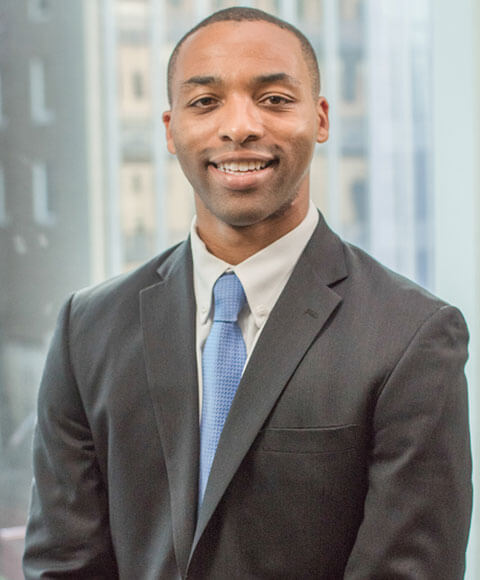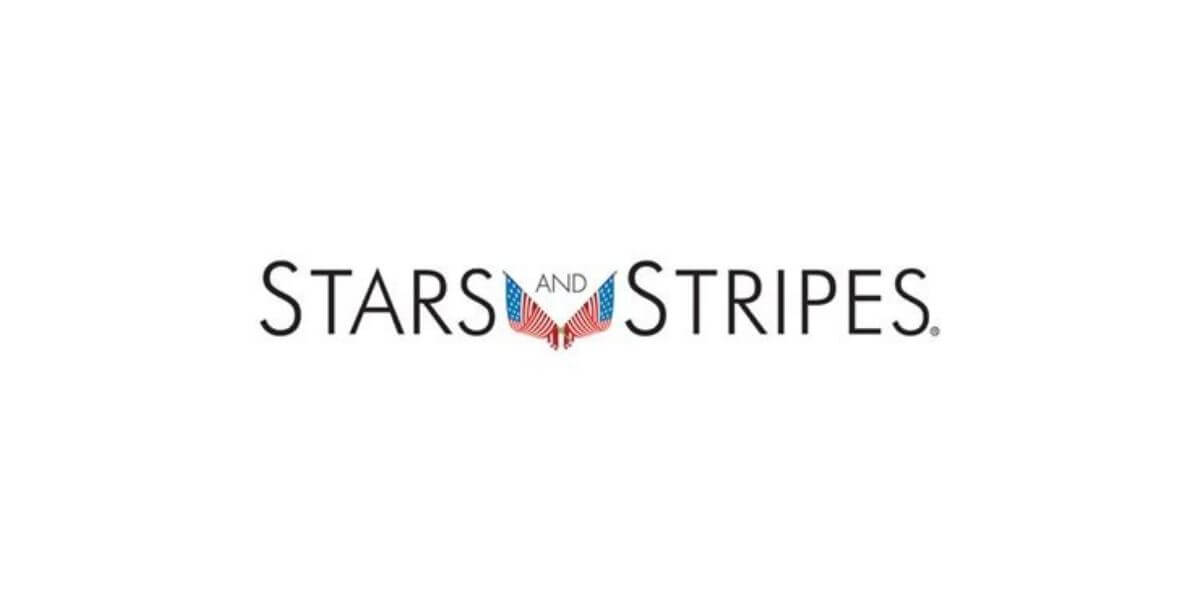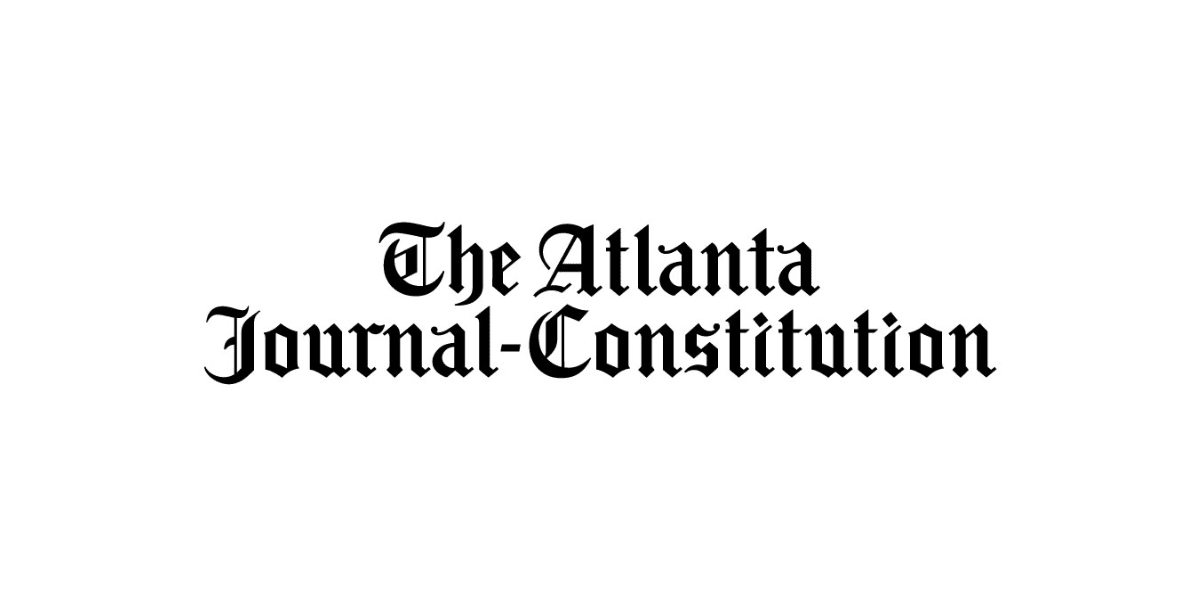WASHINGTON, D.C. (Law360) — A top U.S. Equal Employment Opportunity Commission official recently chided three federal agencies for not being more flexible with religious and postpartum workers seeking job adjustments, a move experts say demonstrates the hard line the EEOC is adopting on employers’ accommodation obligations which courts will likely echo.
In two federal-sector opinions the EEOC shared publicly on Wednesday, the commission’s acting director of federal operations, Gul Chaudhry, concluded that the Federal Reserve and Department of Veterans Affairs each dropped the ball on workers’ faith-based accommodation requests, and didn’t do enough to show the requested arrangements were unfeasible.
In a third unveiled the same day, Chaudhry said a nursing mother working for the U.S. Postal Service was unlawfully booted from a conference room and shunted into a public bathroom to pump.
Employment law experts said the commission is clearly enhancing its scrutiny of how companies handle accommodation requests and taking an employee-friendly approach to the analysis.
“They’re giving more protections to workers,” said Michael Fallings, a managing partner at worker-side firm Tully Rinckey PLLC.
The agency made crystal clear in all three decisions, which were all dated Aug. 4, that employers must have a rock-solid, tangible reason for denying a worker’s request for a job adjustment that is based on a characteristic with legal protections, like their faith.
The commission also signaled that in addition to the facts of a case, if an employer demonstrates a lack of compassion to their worker’s needs, that can be part of the legal analysis.
While the orders arose out of the federal sector — as part of its work, the commission adjudicates federal workers’ appeals of agency decisions in bias cases — experts said all employers would be wise to heed the commission’s warnings.
“What we can take away from all of this is that there is heightened enforcement on accommodation rights,” said Sarah Goodman, a principal at Offit Kurman who advises businesses in employment relations. “That’s true across both public and private sectors.”
Key Intel on Groff
Two of the accommodation-focused rulings the EEOC published arose in cases brought by religious workers, a cohort the federal agency has already made clear are a priority under the Trump administration.
Employers have to accommodate religious beliefs, practices and observances of their workers under Title VII of the Civil Rights Act as long as the beliefs are “sincerely held” and the specialized arrangement poses no “undue hardship” on the employer.
For decades the U.S. Supreme Court had defined this burden as “more than a de minimis cost,” but in Groff v. DeJoy in June 2023, the justices upped the bar. The court said that companies that reject faith-based accommodations now must show the change would impose “substantial increased costs in relation to the conduct of its particular business.”
The EEOC leaned on the Groff standard in both of the recent faith-related federal-sector rulings, taking positions that employment attorneys said shed much-needed light on the rule shift.





